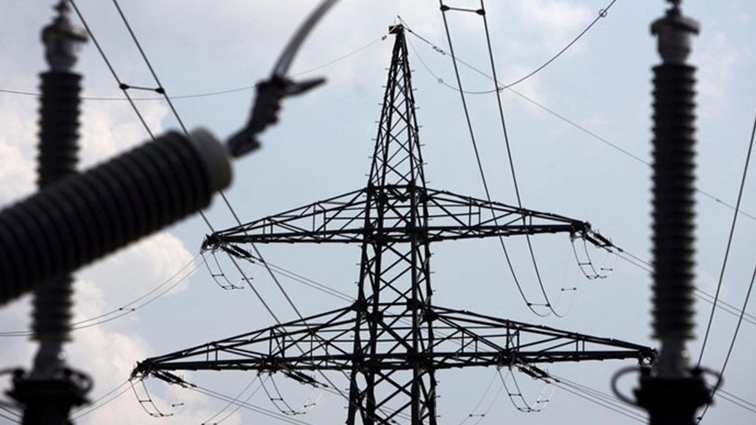Several Sudanese ministries, including the National Electric Power Company, held a meeting at the ministries complex in Port Sudan to discuss strategies to enhance the stability of electricity in the country.
The meeting was attended by ministers of oil and industry and representatives of the electricity company and focused on finding urgent solutions to overcome the current challenges in electricity generation and distribution.
It was emphasized to benefit from the electricity interconnection with Egypt, improve the efficiency of distribution operations to reduce losses in the network, and the availability of fuel and spare parts necessary to operate power plants.
Participants discussed the impact of the conflict in Sudan on electricity infrastructure, the shutdown of the Qari thermal plant in Khartoum and the remaining steps to return to service.
They also touched on the operations of the Port Sudan power plant, to enhance the independence of the eastern region in power generation and the possibility of exporting the surplus.
Before the war, Sudan produced less than 2,500 megawatts of electricity per year, while the actual need is about 3,500 megawatts, not counting the needs of the industrial sector.
Unofficial reports indicate that about 10,000 electric poles have been destroyed in the capital Khartoum alone as a result of the conflict between the Sudanese army and the Rapid Support Forces.
An Egyptian visit to Djibouti and Somalia to enhance maritime security in the Horn of Africa
